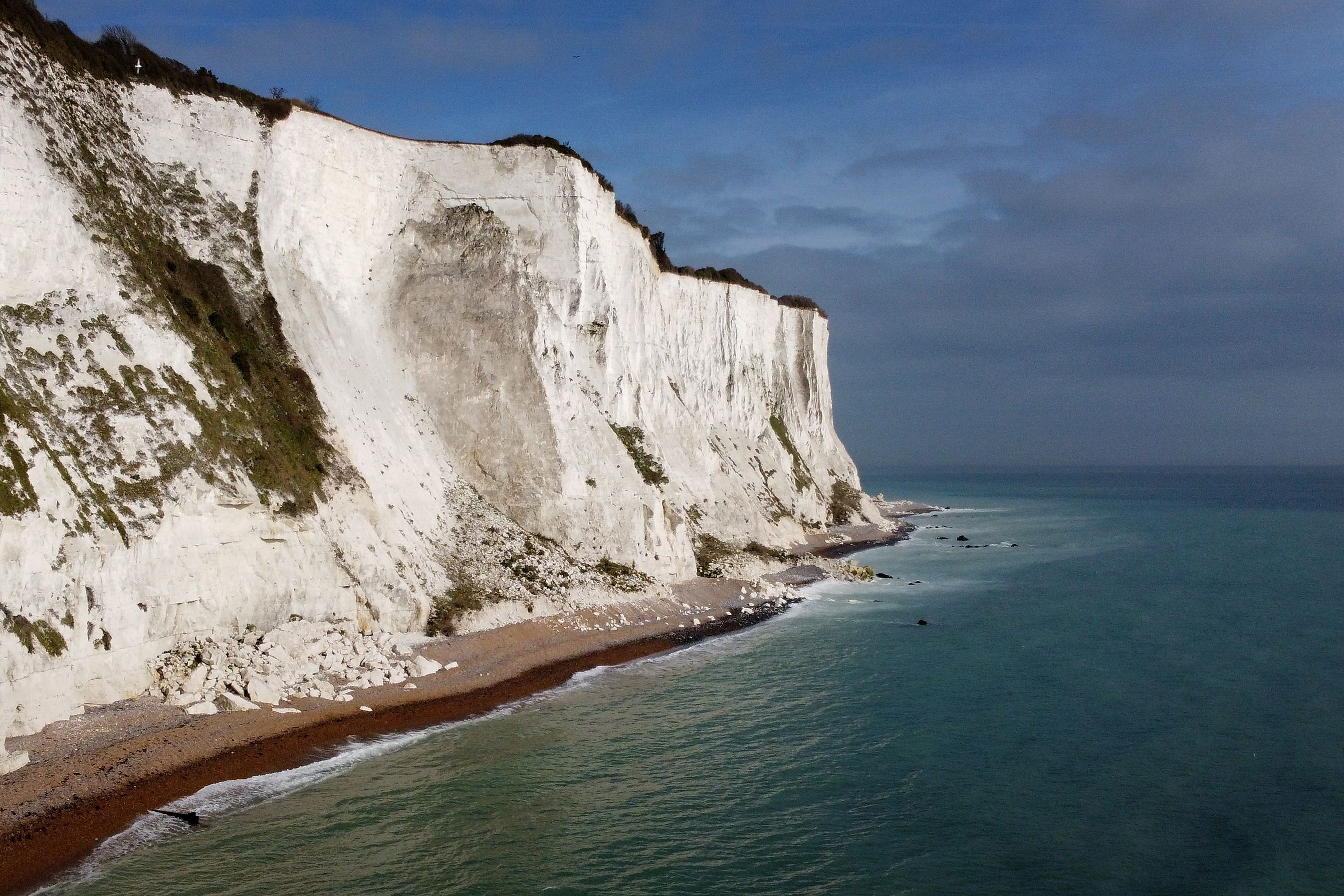£14.5m boost for efforts to save England’s rarest species
The announcement comes as England’s wildlife is facing extreme pressures, according to Natural England

A special project to save rare species at the “iconic” white cliffs of Dover has been announced as part of a multi-million-pound investment by Natural England.
Plans to recover special species in grasslands will also go ahead at the Isle of Wight as 63 projects have been confirmed by the public body to help save 150 species around the country.
A £14.5m sum will be shared among the schemes that are hoping to revive some of England’s most rare and threatened species from butterflies, bird and bees to the large marsh grasshopper, white-clawed crayfish and water voles.
The announcement on 14 September comes as England’s wildlife is believed to face extreme pressures, with the number of the average species falling by 52 per cent, Natural England said.
The National Trust White Cliffs and White Chalk Species Recovery project will focus on recovering special insects and plants at the white cliffs at Dover and the Isle of Wight, which share similar needs for how the chalk and clifftop grasslands can be managed.
Some of the species to be saved include the Potter Flower Bee, Cliff Furrow Bee and plant Oxtongue Broomrape, which will be done through improving mowing, livestock grazing and other means.
Natural England’s area team leader, Benjamin Thompson, said: “We are excited for this investment into habitat management for these rare species at such an iconic site as the White Cliffs of Dover.
“Species-rich grassland is one of the rarest, yet one of the most important habitats for biodiversity in England.
We are excited for this investment into habitat management for these rare species at such an iconic site as the White Cliffs of Dover
“Through Agri-environment schemes with landowners, the network of species-rich grassland in East Kent is growing, providing habitat for many rare and threatened species and we are excited to see this increased support through the Species Recovery Program.”
Further projects at the white cliffs of Dover include re-introducing 20 to 35 Chough birds to the habitat.
Meanwhile work in Hastings, East Sussex, will hike the resilience of rare bee species by improving wildflower meadows and woodland-edge habitats.
The cash boost will be used by environmental charities, wildlife charities and local authorities to carry out the projects around the country.
Subscribe to Independent Premium to bookmark this article
Want to bookmark your favourite articles and stories to read or reference later? Start your Independent Premium subscription today.
